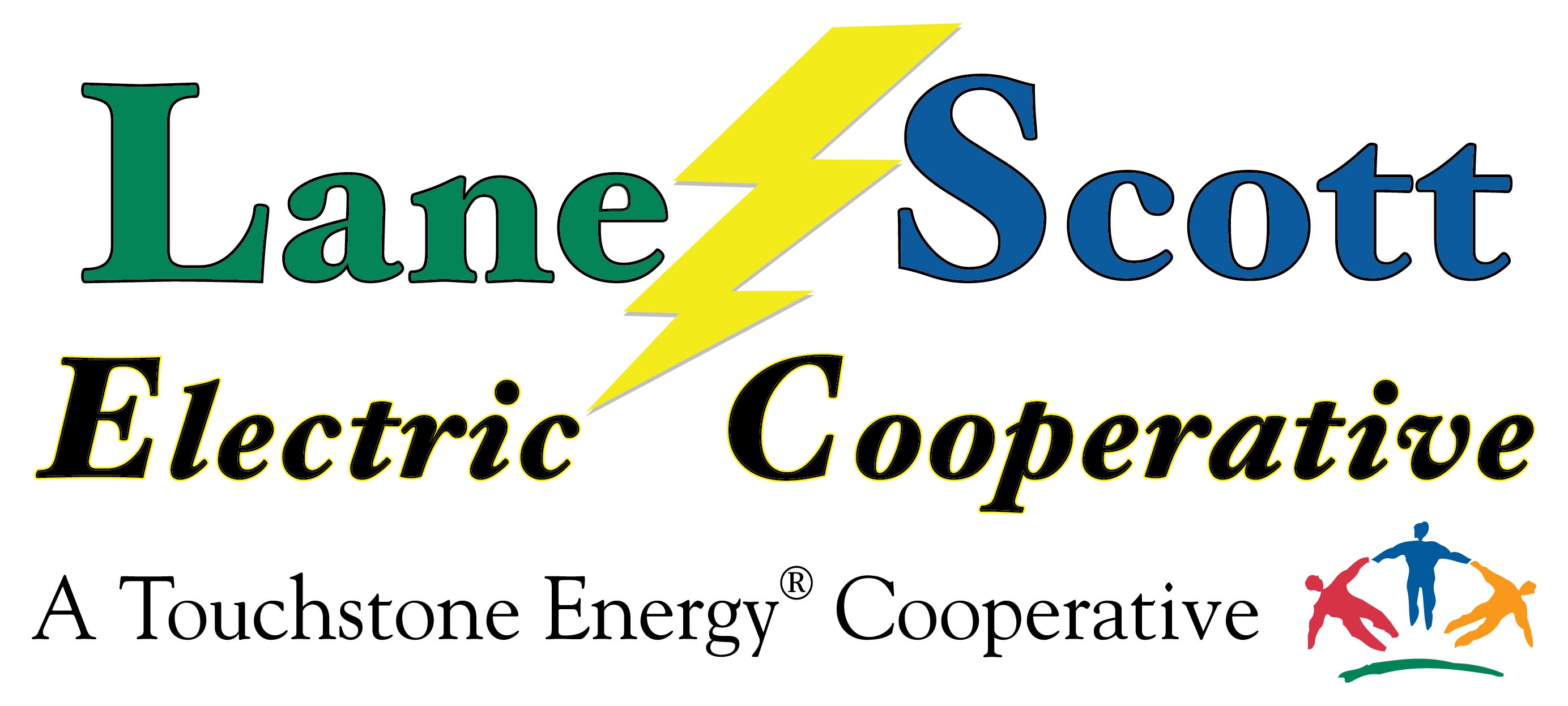Ensure your home is equipped to handle the electric load of all appliances and devices. Typically homes should be 100-amps or 200-amps for homes with electric heating.
Here are some signs that would indicate a potential problem:
- Overheating plugs and sockets
- Cables heating
- Frequently blown fuses
- Check cords frequently for signs of wear
- Avoid over-stretching cords
- Do NOT reqpair a damaged cord, replace it
- Don't drag an appliance by the cord or pull the plug from the socket using the cord
- Electric appliances should have three prong plugs
- Never wrap cords around metal
- Keep cords away from foot traffic
- Major appliances should have their own circuits and be plugged into wall outlets only
- Never use appliances when you are wet
- Portable heaters should have mes wire or a guard to avoid direct contact with the heating element
- Do not use unsturdy heaters that easily fall over
- Use a fire guard around young children
- Keep heaters away from flammable materials such as curtains, beds, and clothes
- Never put anything over the heater
- Never use electric tools or appliances outdoors if it's raining or wet
- Always use moisture resistant appliance cords outside
- Use power tools with durable, grounded, or double insulated cords
- NEVER climb a tree in bad weather
- Weatherproof outdoor electric outlets
- Never operate an electric lawn mower in wet grass
- NEVER touch fallen electric wires
- ALWAYS Call 811 before you dig
